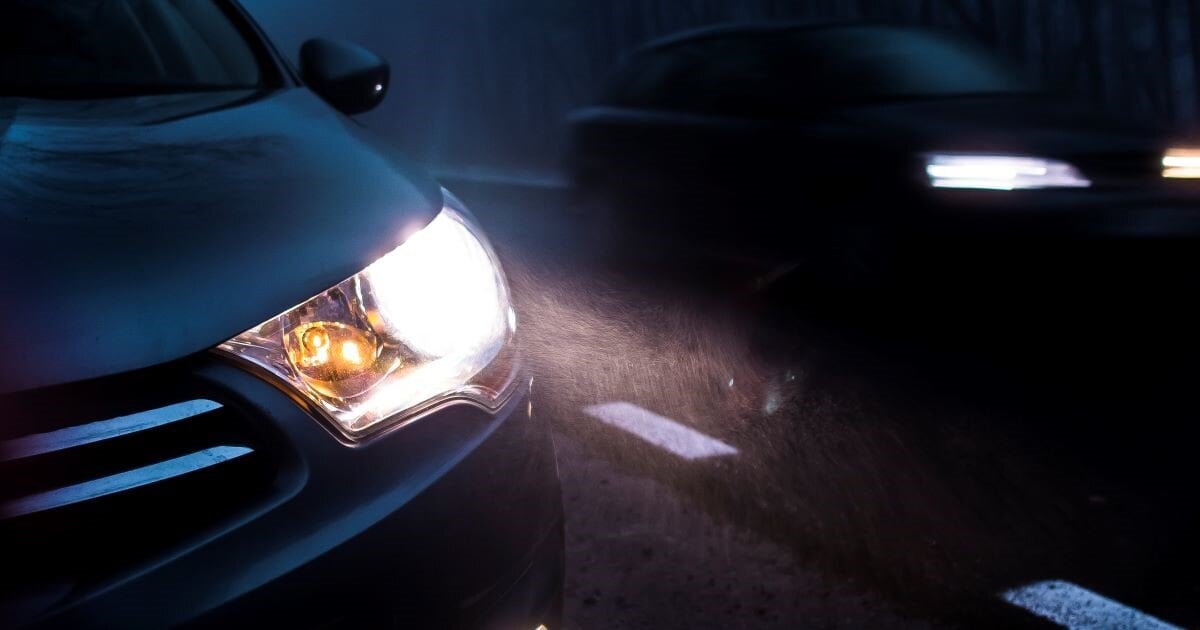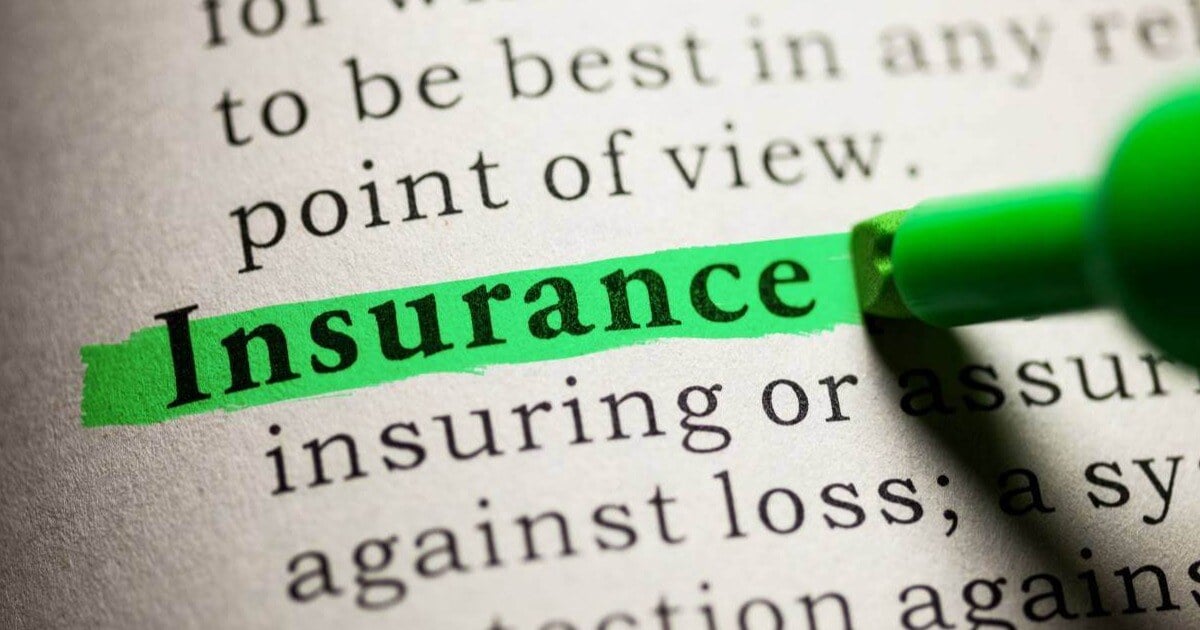Glossary of Auto Insurance Coverages
Common Types of Auto Insurance Coverage Bodily Injury Liability Bodily injury liability coverage is typically mandatory, and helps pay for physical...
Discover insurance options that are as unique as you are.
Get or retrieve a quote, find an agent, and more.
Report a claim or find a repair shop.
Learn about Kemper, our products and services, find information for investors, job-seekers, and users with disabilities, and more.

Imagine a car in oncoming traffic drifts into your lane, causing you to swerve and crash into something, but the car then drives away. In this scenario, your crash was caused by what is defined as a “phantom vehicle.” A phantom vehicle is a vehicle that causes another vehicle to crash without making any contact and leaves the scene of the accident and the subsequent accident investigation.
Similar to hit-and-run accidents but without a collision, accidents caused by phantom vehicles are referred to as “miss-and-run” accidents.
If you are the victim of a miss-and-run accident, you should first get yourself to a safe location and contact emergency medical services if necessary. Write down any details you can recall about the incident, see if any other witnesses saw the accident take place, then call the police and file a police report.
Since miss-and-run phantom vehicle drivers often leave behind little to no evidence, it is important to verify the series of events that led to the accident through a recorded eyewitness testimony.
Depending on your insurance policy and the state you live in, you may or may not be protected against miss-and-run phantom vehicle-related accidents, so it is important you talk to your agent to discuss possible coverages that could apply to this type of scenario.
Insurance coverage that may apply to phantom vehicle miss-and-run types of accidents can be categorized into two types:
For property damage, you should consider discussing with your agent how collision, uninsured motorist property damage (UMPD), or other coverage options help protect you. For bodily injury, you can reach out to your agent to learn how uninsured motorist bodily injury (UMBI), personal injury protection (PIP), medical payments (Medpay), or other coverage options may offer protection.
The details of what is covered by collision, UMPD, UMBI, PIP or MedPay coverage, and what isn’t vary greatly from policy to policy and state to state. Talk to your agent to help you navigate the claims process for this type of scenario, understand your state’s requirements, and the extent of your coverage, limits, and deductibles to help ensure you have the protection you need.
It’s worth talking to an insurance agent if you have been the victim of a phantom vehicle accident to better understand your options and what your insurance may or may not cover.
This material is for general informational purposes only. Products, services, and discounts referenced herein are not available in all states or all underwriting companies. All statements are subject to the terms, exclusions, and conditions of the applicable policy. In all instances, current policy contract language prevails. Coverage is subject to individual policyholders meeting our underwriting qualifications and state availability. Other terms, conditions and exclusions may apply.

Common Types of Auto Insurance Coverage Bodily Injury Liability Bodily injury liability coverage is typically mandatory, and helps pay for physical...
.jpeg)
Commercial auto insurance applies to vehicles that are used for business purposes. This could mean vehicles owned and operated by a business for...

As a business owner, you may assume the liability of company drivers while they are performing certain company business through your commercial...